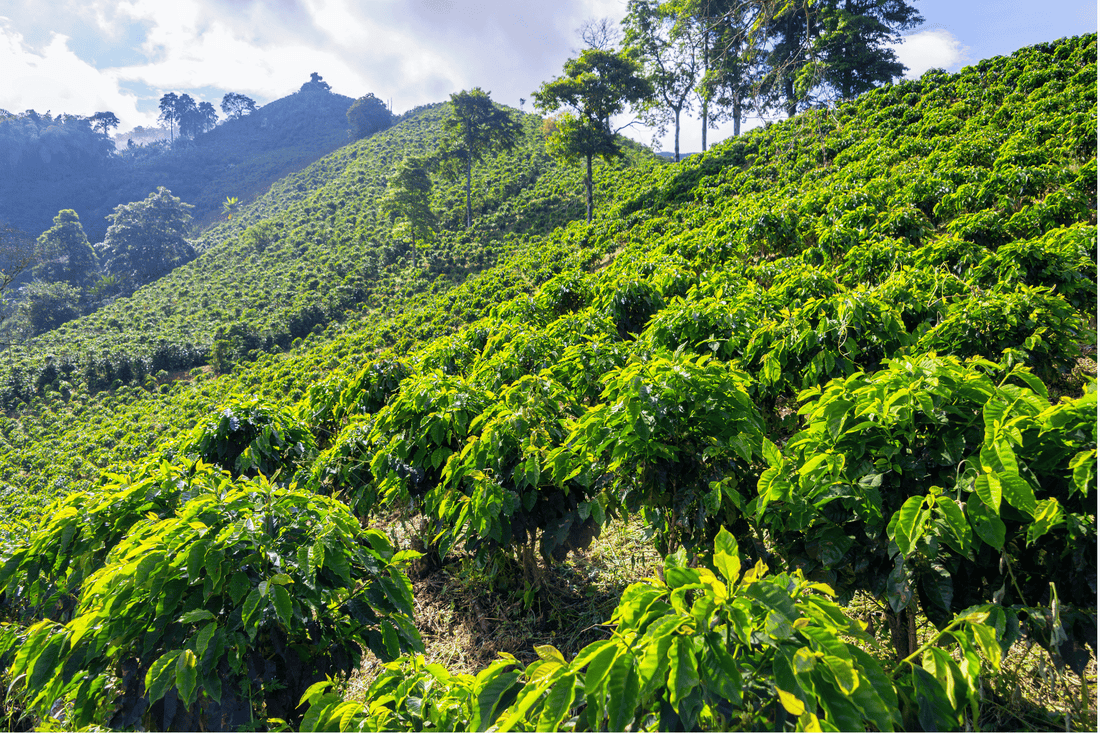The EU deforestation laws are a step in the right direction to ensuring our planet is protected for future generations. In 2023 the EU implemented rules to guarantee that products EU citizens consume do not contribute to deforestation or forest degradation worldwide.
The main contributor to deforestation worldwide is the expansion of agricultural land linked to the production of commodities like cattle, wood, cocoa, soy, pal, oil, coffee and rubber. The regulations mean that any operator or trader who places these products on the EU market or exports from it must be able to prove that the products do not originate from recently deforested land.
Whilst the economic impact on coffee farmers around the world has not been quantified, Ethiopian farmers, are starting to see orders from the EU dry up. With some 5 million coffee farmers in Ethiopia reliant upon their coffee crop for survival, the financial impact is devastating. Many small land owners are finding it difficult to comply with the track and trace rules that require them to digitally map the plot of land where the coffee has come from. This task is not easy in a country where internet coverage is patchy. Vietnamese coffee growers are also citing tracking compliance as a major issue.
This new legislation has its advocates but also its critics. There is no denying that deforestation is occurring in the coffee industry, with approximately 130,000 hectares of forest lost annually for cultivation. Deforestation is the second largest contributor to carbon emissions after fossil fuels so measures need to be taken and these laws are essential. With other countries potentially considering similar legislation, now is the time for governments and industry associations to develop a plan that ensures compliance is achievable whilst not threatening the livelihoods of millions of farmers.
The main contributor to deforestation worldwide is the expansion of agricultural land linked to the production of commodities like cattle, wood, cocoa, soy, pal, oil, coffee and rubber. The regulations mean that any operator or trader who places these products on the EU market or exports from it must be able to prove that the products do not originate from recently deforested land.
Whilst the economic impact on coffee farmers around the world has not been quantified, Ethiopian farmers, are starting to see orders from the EU dry up. With some 5 million coffee farmers in Ethiopia reliant upon their coffee crop for survival, the financial impact is devastating. Many small land owners are finding it difficult to comply with the track and trace rules that require them to digitally map the plot of land where the coffee has come from. This task is not easy in a country where internet coverage is patchy. Vietnamese coffee growers are also citing tracking compliance as a major issue.
This new legislation has its advocates but also its critics. There is no denying that deforestation is occurring in the coffee industry, with approximately 130,000 hectares of forest lost annually for cultivation. Deforestation is the second largest contributor to carbon emissions after fossil fuels so measures need to be taken and these laws are essential. With other countries potentially considering similar legislation, now is the time for governments and industry associations to develop a plan that ensures compliance is achievable whilst not threatening the livelihoods of millions of farmers.

